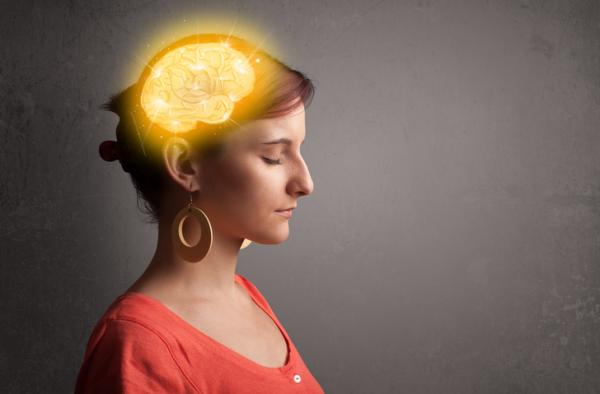
As we go through life, we go through various experiences that leave us lessons forever. Things that have seemed important to you may stop being so if you change your perspective on them. Our actions are determined to give it greater or lesser value according to the principles that guide our existence.
Suddenly, you begin to eliminate certain elements that allow you to appreciate life in a different way, putting what is essential to the foreground. We may have heard about this, although we don’t always know what it is. Do you want to know more about this? In this PsychologyFor article, we will provide you with information about Mental minimalism: what it is, what are its benefits and how to practice it.
What is mental minimalism
When we refer to mental minimalism, we are talking about a mental state that generates the possibility of eliminate those excesses that appear in our lives to give greater importance to the essential elements that surround us. So what is mental minimalism? The capacity of downplay those thoughts and emotions that divert us from our values beliefs and principles.
We live in an era marked by capitalism, that is, we are immersed in a culture that constantly provides us with stimuli about different material objects that we would need to be happy. In this way, a false illusion of happiness is created that produces frustration, sadness and anguish in the long term, since it is not possible to have everything in life. In this article we explain how to manage sadness.
What is mental minimalism for?
Mental minimalism gives us the possibility of not being guided by social norms but for own purposes that have the value of life as a reference. This way of thinking translates into a lifestyle that is carried out daily by those who are willing to resign certain values of capitalism.
In order to achieve this, it is necessary to carry out a deep reflection that allows a rethinking of the objectives and goals to achieve in life.
Benefits of mental minimalism
Mental minimalism can bring us a series of advantages that can be useful in life. Next, we will describe what the benefits of mental minimalism are:
- Causes a greater degree of autonomy linked to the feeling of freedom.
- Greater self-perception.
- Improves concentration.
- Increased order in the home.
- Generates higher levels of life satisfaction: Positive experiences are given greater importance.
- Reduces feelings linked to loneliness: Feeling alone, on many occasions, causes consumerism
- Enables mastery of stress triggers: as a consequence, this reduces anxiety
- Help the classification of material objects depending on the importance of each one for the person.
- Promotes economic savings: only the elements that the person considers essential and indispensable for their life are consumed
In order for us to obtain the benefits of mental minimalism, it is important that its practice be sustained over time. In reality, it is a mental state that is incorporated as lifestyle applicable to all situations we go through. This does not mean that unpleasant thoughts and emotions for the person will disappear, but rather that the way of understanding life allows them to be downplayed.
How to practice mental minimalism
Beyond the benefits of mental minimalism and what it brings to our lives, we must also learn how it is practiced. To apply it to our daily lives we will tell you how mental minimalism is practiced through some points that are essential when doing it:
- Selection of thoughts: There are situations that do not depend on us but on external factors. Sometimes this can lead to frustration when goals are not met. Avoiding giving importance to these types of thoughts will have the effect that you focus on goals that depend on you.
- Analysis of situations: Reflecting on various situations can help us understand if it is really worth spending time on moments that are unpleasant for us.
- Focus on personal aspects that bring pleasure: Implementing activities that we enjoy will make us focus on ourselves. In this way, we can reduce the levels of stress and anxiety that are generated by situations that we go through in daily life.
- Do activities that encourage an internal look: There are alternatives, such as meditation, that focus on an analysis of our thoughts, emotions and behaviors. This causes us to stop at those personal aspects that we want to modify to understand our way of seeing life.
This article is merely informative, at PsychologyFor we do not have the power to make a diagnosis or recommend a treatment. We invite you to go to a psychologist to treat your particular case.
If you want to read more articles similar to Mental minimalism: what it is, benefits and how to practice it we recommend that you enter our Personal Growth and Self-Help category.
Bibliography
- Dittmar, H., Hurst, M., Kasser, T. (2014). The relationship between materialism and personal well-being: a meta-analysis. Journal of Personality and Social Psychology, 107 (5), 879-924.
- Pieters, R. (2013). Bidirectional dynamics of materialism and loneliness: not just a vicious circle. Journal of Consumer Research, 40 (4), 615-631.
- Rich, S.A., Hanna, S., Wright, B.J. (2017). Simply satisfied: The role of psychological need satisfaction in the life satisfaction of voluntary simplifiers. Journal of Happiness Studies, 55 (1), 68-78.








